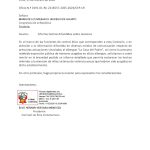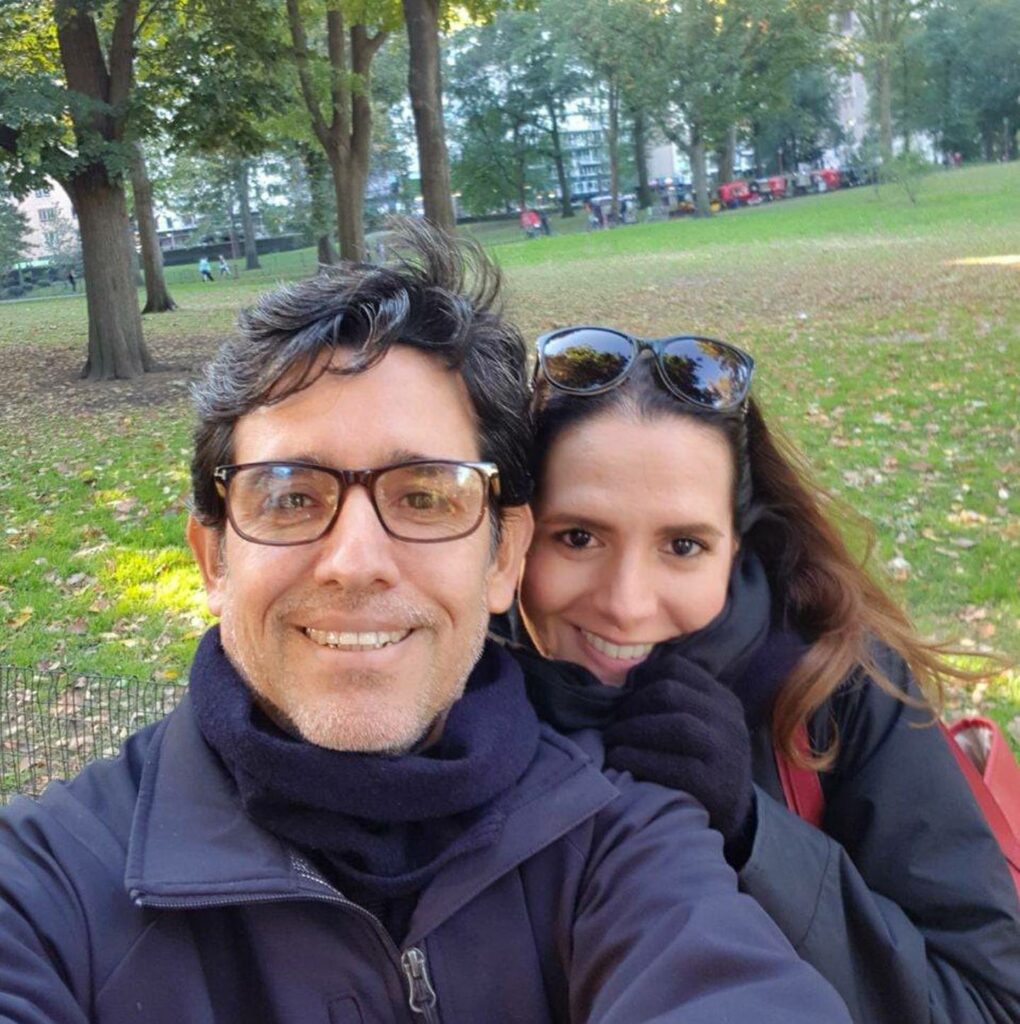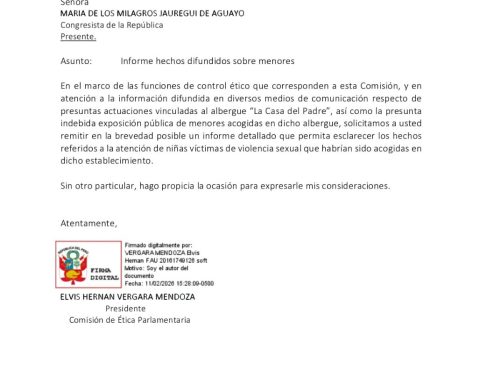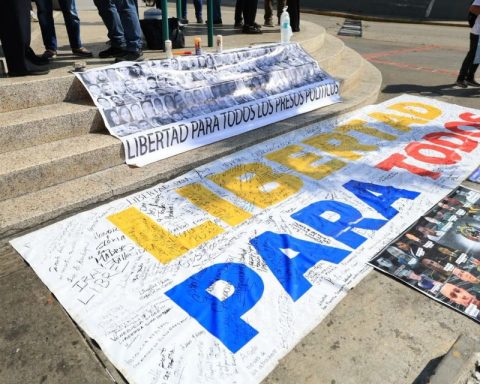C.
On the occasion of the first centenary of the death of Ricardo Flores Magón, his figure and thought have once again occupied an important space in national political life. For many years, Magón was assimilated by the PRI governments and was part of their pantheon of national heroes; but it is from 1968 that the popular movement and in particular that of the indigenous peoples vindicate him, recovering his radical proposal and highlighting the validity of his ideas.
For many centuries history has been twisted by the owners of the country in order to legitimize their dominance. That is, history is told and written as best suits the group in power. This practice has been recurrent throughout time, and in contemporary Mexico it has gained great importance. In 1945, amid the paraphernalia typical of the heir regimes of the Mexican Revolution, Ricardo’s body was deposited in what was then called the Roundabout of Illustrious Men. With his career reduced to that of a mere precursor of the process that broke out in 1910, every year the government in power and corporate unionism paid him a bland and bureaucratic tribute. In those years his name was used to identify streets, schools and unions charros.
However, following the popular-student revolt of 1968, Ricardo’s work began to spread again. With the anthological book prepared by Gonzalo Aguirre Beltrán and published in 1970 by the UNAM and later with the intense work of Ediciones Antorcha, the writings of Ricardo and other members of the Organizing Board of the Mexican Liberal Party were distributed throughout the country. Also, in the early 1970s, Ricardo’s name was associated with the intense struggles of the Mexican people. The independent popular urban movement recovers its name and from the taking of land, the Flores Magón colonies were born in Chihuahua, Durango and Cuernavaca. The Popular Youth Council, independent unions, ejidos and student groups were also named after him.
Incorruptible and enemy of all power, Ricardo Flores Magón has remained present in many of the popular mobilizations in our country, the same among the Zapatista rebels in Chiapas, as among some indigenous organizations in Oaxaca or youth gangs in Mexico City, as well in independent unions of shoemakers in León, Guanajuato, or among the students of the Normal Rural de El Saucillo, in the northern state of Chihuahua. Although many are unaware of his ideology, they identify with his rebellious, irreducible and above all committed attitude.
In Oaxaca, Ricardo’s home state, at the end of the 1990s the Popular Indigenous Council of Oaxaca Ricardo Flores Magón mobilized intensely, which was brutally repressed, and years later, in 2006, the Popular Assembly of the Peoples of Oaxaca, he renamed the state capital after him. For their part, the Zapatistas gave the name Ricardo Flores Magón to the autonomous municipality located in Taniperlas, Chiapas.
Flores Magón’s struggle lasted a little over 22 years, in the first stage with a liberal imprint, to later assume an openly anti-capitalist and anti-state position that were typical of his anarchist affiliation. In his long career, Ricardo, faithful to his principles, never accepted a public position, and when at the request of Francisco I. Madero, his brother Jesús and his former partner Juan Sarabia sought him out to offer him the vice presidency of the Republic, Ricardo, with insults He refused to even talk to them. It is also known that while Ricardo was imprisoned in the Leavenworth prison, he was already very sick and almost blind, he refused to receive help from the federal Congress, arguing that he did not accept money from the government. Ricardo was like that, stubborn in character, with a powerful and inflexible ethic and firm in his ideals.
Ricardo has left us important teachings, whose validity is undeniable, among them, they highlight the value that indigenous resistance and communality have for the profound transformation of our nation; the importance of the political independence of the popular movement and direct action and also the rejection of personalism, that is, the struggle of the Mexican people should not be oriented to the elevation of an individual.
Now that, on the 100th anniversary of his death, tributes are being paid to him, Ricardo, the so-called Scorpion –a character who was an enemy of every government– would surely reject them. Ricardo, the eternal rebel, the illegal, is back.
Long live land and freedom!
* Author of the book The socialism of others and co-author of Indigenous movement and magonismo in Mexico















